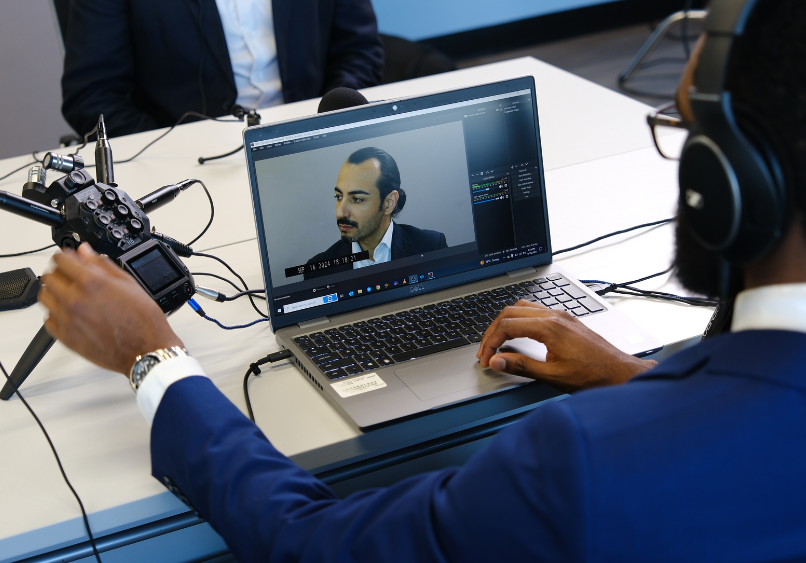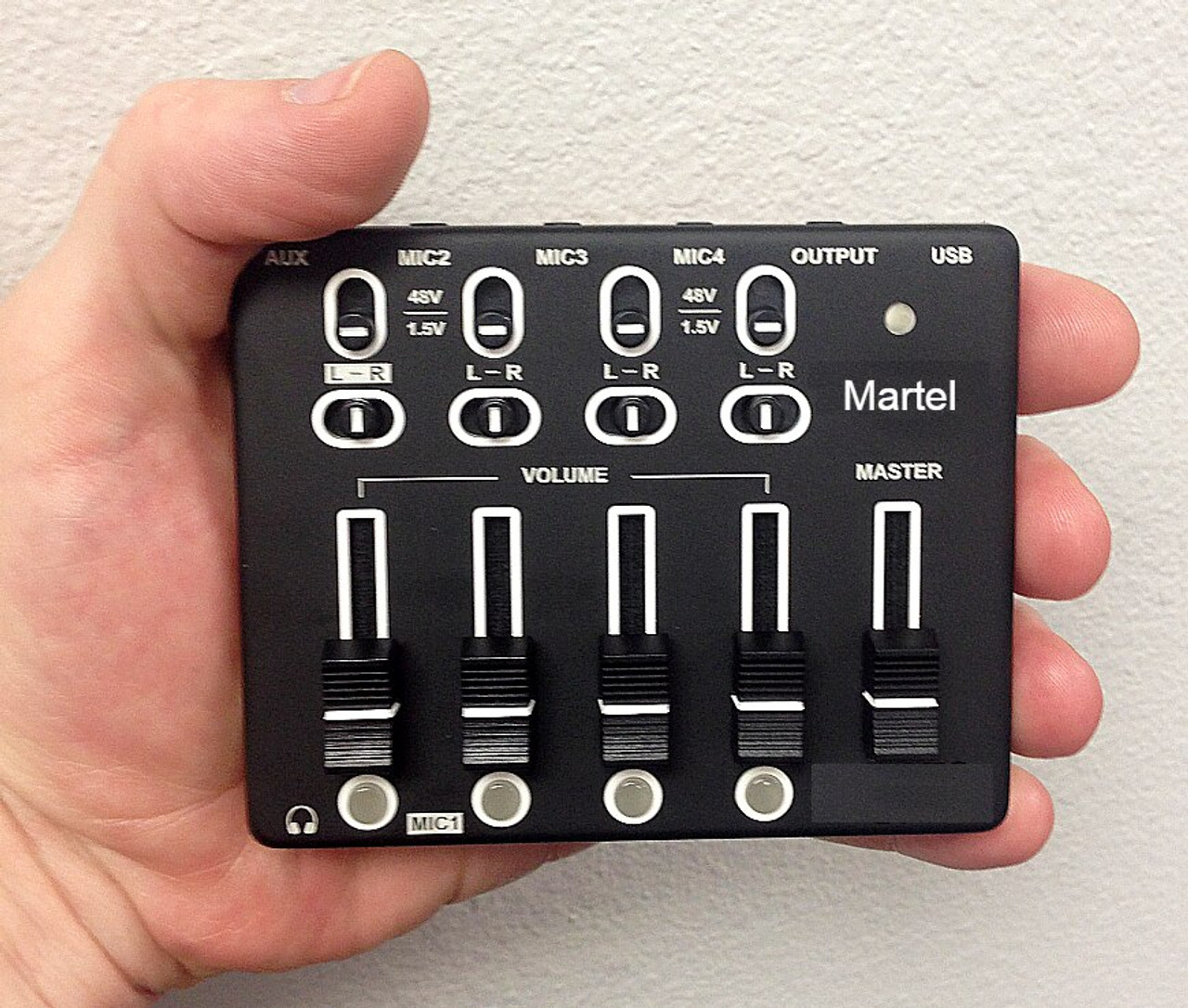The Value of Lawful Video Depositions in Modern Legal Services: What You Ought to Know
Legal video clip depositions have actually ended up being crucial in today's lawful landscape. They supply a multidimensional view of witness testimonies that traditional records merely can not match. By catching both non-verbal and verbal interaction, these depositions improve the overall understanding of a witness's reputation. Nonetheless, the efficiency of video depositions rests on different elements, including conformity with legal criteria and ideal methods (legal video depositions). Exploring these components exposes their real relevance in modern lawful services
What Are Legal Video Clip Depositions?
Lawful video depositions work as a crucial device in the lawsuits process. They involve taping witness testaments in a video clip format, capturing both verbal and non-verbal interaction. This approach allows attorneys to document the temperament, expressions, and responses of witnesses, providing a richer context for the testimony. Usually carried out in a regulated atmosphere, these depositions are led by lawyers who ask concerns while a stenotype reporter documents the discussion. The resulting video clip can be important for test preparation, as it allows attorneys to evaluate the reputation of witnesses and improve their approaches. In addition, lawful video depositions can be utilized in various lawful contexts, varying from civil conflicts to criminal situations. The visual and auditory aspects of video depositions boost the discussion of evidence, making it a necessary element in the modern lawful landscape. Overall, they add substantially to the effectiveness and efficiency of lawful process.

Benefits of Video Depositions Over Typical Methods
Video clip depositions offer many benefits compared to conventional approaches of taking witness testimonies. One considerable advantage is the ability to catch both visual and audio aspects, giving a more complete record of the witness's statements. This double layout enhances clearness and permits legal experts to reference details nuances during trial prep work. In addition, video depositions help with remote participation, making it simpler for witnesses who may be inaccessible for in-person appearances due to geographical restraints or wellness issues.Moreover, video clip depositions can speed up the total deposition process, reducing the moment and prices connected with travel and logistics. They additionally boost access, as tape-recorded depositions can be easily shared amongst legal teams and referenced any time. This comfort adds to far better situation administration and preparation. On the whole, video clip depositions stand for a modern, effective method to collecting witness testaments, lining up with the progressing needs of the lawful career.
The Duty of Body Movement and Tone in Testimonies

In legal video clip depositions, body language and tone play crucial functions in conveying a witness's trustworthiness and trustworthiness. Nonverbal cues can give understandings into a witness's psychological state, affecting exactly how their testament is regarded. Comprehending the influence of these components is vital for attorneys and jurors alike when assessing the integrity of a testimony.
Nonverbal Interaction Insights
While verbal interaction is frequently stressed in lawful testimonies, nonverbal signs such as body language and tone play a crucial duty in conveying credibility and feeling. Observers of depositions might keep in mind that a witness's stance, motions, and facial expressions can substantially influence assumptions of dependability. Regular eye get in touch with may indicate confidence, while avoiding gaze might suggest deceit or discomfort. In a similar way, the intonation-- its pace, pitch, and volume-- can pass on sensations of sincerity or uncertainty. Lawful professionals should be attuned to these nonverbal signals, as they usually provide vital context that matches talked words. Recognizing these nuances can boost the effectiveness of depositions and affect the end result of legal proceedings.
Psychological Tone Impact
The emotional tone shared throughout legal statements substantially impacts just how a witness is regarded. Body movement, vocal inflections, and facial expressions play essential functions in forming the story of a testimony. A witness showing confidence via consistent eye call and a calm tone can infuse a sense of dependability and involvement. On the other hand, indicators of anxiousness, such as fidgeting or an unstable voice, may lead to uncertainty regarding their account. The subtleties of emotional expression can affect the interpretation of facts, making it important for attorneys to acknowledge these cues. In video clip depositions, the acoustic and aesthetic parts combine, emphasizing the significance of emotional tone in communicating sincerity and reliability within the legal process.
Trustworthiness and Trustworthiness
A crucial element in developing credibility and trustworthiness throughout statements exists in the witness's body language and tone of voice. Viewers frequently count on non-verbal hints-- such as eye get in touch with, position, and gestures-- to analyze a witness's sincerity. For instance, a witness who preserves eye contact and displays open body movement might be regarded as even more dependable and sincere than one that prevents eye get in touch with or shows up blocked. Additionally, intonation plays an essential duty; a stable, tranquil tone can strengthen the reputation of the statement, while changes in pitch or volume might raise doubts. Inevitably, the mix of body movement and vocal tone considerably influences how a witness's statements are obtained and translated in a legal context.
Finest Practices for Carrying Out Video Depositions
Carrying out video depositions calls for careful preparation and implementation to guarantee a clear and efficient presentation of testament. It is crucial to choose a peaceful, well-lit location to minimize interruptions and safe and secure optimum video clip top quality. The tools must be evaluated ahead of time, including cameras, microphones, and illumination, to avoid technological problems throughout the deposition.Next, parties involved have to review the style and treatments beforehand, ensuring that everyone comprehends their duties. The deponent must be briefed on the process, including exactly how to react clearly and concisely.Additionally, preserving an expert temperament throughout the session is necessary. This consists of refraining from speaking over one an additional and validating that all concerns are guided suitably. It is crucial to record the deposition in a format that permits for easy playback and testimonial, maintaining the honesty of the testament for future use.
Legal Considerations and Conformity Issues
How do legal considerations and compliance concerns influence the effectiveness of video clip depositions? Lawyers have to navigate an intricate landscape of policies, making certain that video depositions stick to administrative policies and requirements. Compliance with regulations worrying privacy, consent, and tape-recording approaches is important. For example, getting specific permission from all events included is necessary to prevent lawful repercussions.Additionally, the admissibility of video clip evidence in court can depend upon conformity with procedural requirements. Ensuring that the equipment utilized satisfies technological criteria is likewise crucial, as inadequate high quality can weaken the deposition's reliability.Moreover, attorneys need to understand any kind of specific state legislations that regulate video depositions, as these can vary substantially. Failure to address these considerations can not just endanger the integrity of the deposition but also impact the total case strategy, ultimately impacting the client's lawful results.
Just How Video Depositions Effect Court Perception
While video depositions can function as powerful devices in lawful procedures, their impact on jury understanding is considerable. The auditory and visual components of video recordings give jurors with a more comprehensive understanding of witness behavior, reliability, and psychological responses. This multimedia method can enhance the jurors' capacity to examine the reliability of testament compared to traditional text-based transcripts.Moreover, video depositions allow jurors to observe body language, intonation, and facial expressions, every one of which can affect their analysis of the witness's declarations. The existence of a witness on display can humanize them, fostering compassion and link, which might sway jurors' viewpoints. On the other hand, a witness who shows up untrustworthy or incredibly elusive on video clip may bring about adverse perceptions that affect a court's decision. Inevitably, the vibrant nature of video clip depositions plays a crucial function in shaping how jurors translate proof and reach their judgments.
The Future of Video Clip Depositions in Legal Practice
As innovations in innovation remain to reshape the useful source legal landscape, the future of video clip depositions is poised for substantial development. Advancements such as expert system, digital reality, and improved video clip conferencing tools are anticipated to simplify the deposition procedure and boost accessibility. Lawful experts may use AI-driven analytics to evaluate witness integrity and case toughness much more effectively.Moreover, the assimilation of digital reality could allow juries to experience immersive simulations of depositions, supplying much deeper context and understanding. Furthermore, the trend towards remote depositions is likely to persist, supplying higher adaptability for customers and lawyers alike.As remote work becomes progressively normalized, video clip depositions will likely end up being conventional method, minimizing prices and time constraints connected with standard techniques. Overall, these technological innovations promise to boost the efficiency, efficiency, and access of video clip depositions in lawful technique, inevitably transforming exactly how lawyers plan for trial.
Regularly Asked Questions
Just How Much Do Legal Video Clip Depositions Commonly Expense?

Can Video Clip Depositions Be Used in Any Kind Of Sort Of Case?
Video clip depositions can be utilized in different kinds of instances, consisting of civil, criminal, and family members legislation. Their flexibility permits lawyers More Info to existing witness statements successfully, adapting to the details demands of various legal scenarios.
What Equipment Is Required for a Video Deposition?
To conduct a video deposition, vital devices consists of a top quality video camera, microphone, lighting, and a dependable recording gadget. Additionally, a computer with editing software might be needed for post-production and formatting the last video.
For how long Does a Normal Video Clip Deposition Last?
A typical video deposition lasts in between two to four hours, relying on the intricacy of the instance and the number of concerns positioned. Prolonged sessions might take place, but breaks are usually integrated for individual convenience.

Are Video Clip Depositions Admissible in Court?
Video depositions are typically acceptable in court, supplied they stick to lawful standards and regulations of proof. Their use improves clearness and preserves witness testament, aiding in the judicial process throughout tests and hearings. Lawful video clip depositions have actually come to be important in today's legal landscape. Furthermore, legal video depositions can be made use of in different lawful contexts, varying from civil disputes to criminal explanation situations. Furthermore, video clip depositions help with remote engagement, making it easier for witnesses who might be inaccessible for in-person appearances due to geographical restraints or health and wellness issues.Moreover, video clip depositions can accelerate the total deposition process, lowering the time and prices connected with travel and logistics. Ensuring that the tools made use of satisfies technological criteria is additionally vital, as inadequate top quality can undermine the deposition's reliability.Moreover, attorneys must be aware of any certain state regulations that regulate video clip depositions, as these can differ significantly. Additionally, the trend towards remote depositions is likely to linger, providing higher versatility for clients and lawyers alike.As remote work comes to be significantly normalized, video clip depositions will likely become basic practice, minimizing prices and time restraints connected with typical approaches.